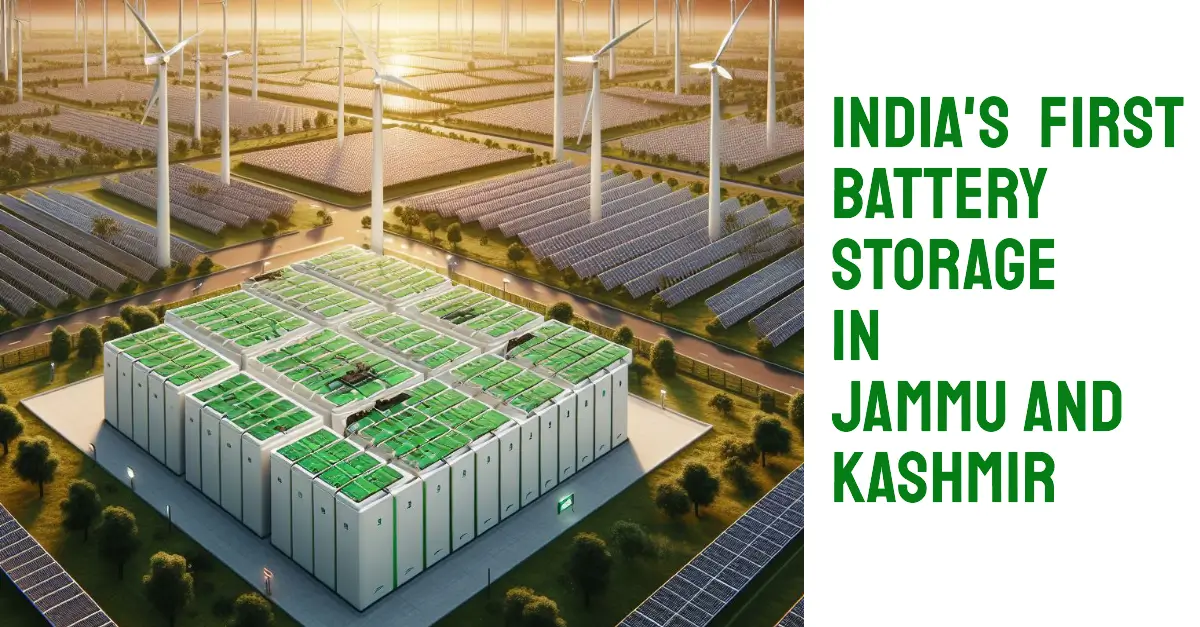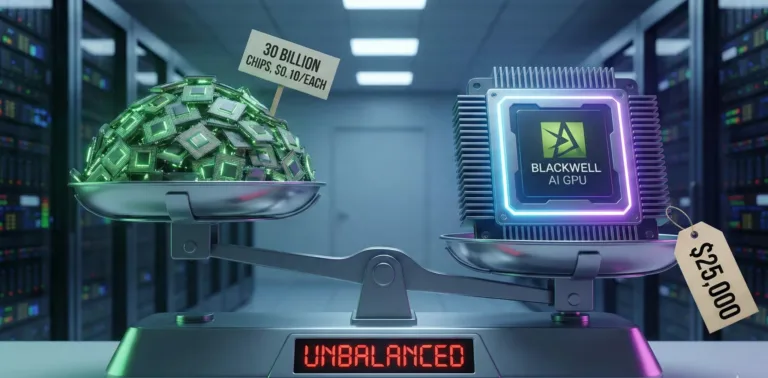India is about to take a step forward in clean energy with the announcement of India’s first-ever big battery storage factory. GoodEnough Energy, a leading energy company, has announced the commencement of operations at India’s first battery energy storage gigafactory. This significant development is set to take place in the northern region of Jammu and Kashmir and is expected to be operational by October.
But what are Battery Storage Factory?
Big battery storage factories are facilities designed to store a significant amount of electrical energy. These factories produce large batteries capable of storing energy generated from renewable sources like solar and wind. These factories play a crucial role in promoting sustainability by storing excess energy generated during times of low demand for use during peak demand periods.

India’s First Battery Energy storage impact on Carbon Emissions
The establishment of this gigafactory will have a profound impact on the environment. It is projected to assist the industry in reducing more than 5 million tons of carbon emissions annually. This initiative aligns with India’s ambitious goal of achieving net-zero emissions by 2070.
Investment and Capacity Expansion
The founder of GoodEnough Energy, Akash Kaushik, has revealed that the company has already invested 1.5 billion rupees ($18.07 million) in the facility, which has a capacity of 7 gigawatts per hour (GWH). Furthermore, the company plans to invest an additional 3 billion rupees by 2027 to increase the capacity to 20 GWH.
Role in India’s Renewable Energy Plan
Battery energy storage projects, such as this gigafactory, play a crucial role in India’s ambitious plan to expand its renewable energy capacity. The country aims to increase its renewable energy capacity to 500 gigawatts (GW) by 2030, a significant leap from the current 178 GW.
Government Incentives for Battery Storage Projects
To promote battery storage projects, the Indian government is offering $452 million in incentives to companies. These systems are pivotal as they enable the storage of energy from solar, wind, and other renewable sources, which can be released when needed. This initiative is a significant step towards a sustainable and renewable energy future for India.
Discover more from WireUnwired Research
Subscribe to get the latest posts sent to your email.




